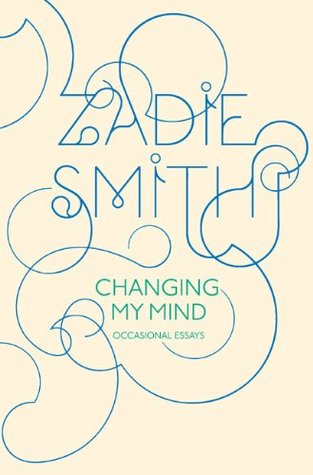It strikes me when I reread this beautiful story how poor we are at tracing literary antecedents, how often we assume too much and miss obvious echoes. Lazily we gather writers by nations, decades and fashions; we imagine Wallace the only son of DeLillo and Pynchon. In fact, Wallace had catholic tastes, and it shouldn't surprise us to find, along with Sartre, traces of Larkin, a great favorite of his. Wallace's fear of automatism is acutely Larkinesque ("a style/Our lives bring with them: habit for a while/Suddenly they harden into all we've got"), as is his attention to that singular point in our lives when we realize we are closer to our end than our beginning. When Wallace writes, At some point there has gotten to be more line behind you than in front of you," he lends an indelible image to an existential fear, as Larkin did memorably in "The Old Fools:" "The peak that stays in view wherever we go / For them is rising ground." Then there's the title itself, "Forever Overhead": a perfectly accurate description, when you think about it, of how the poems "High Windows" and "Water" close. That mix of the concrete and the existential, of air and water, of the eternal submerged in the banal. And boredom was the great theme of both. But in the great theme there is a difference. Wallace wanted to interrogate boredom as a deadly postmodern attitude, an attempt to bypass experience on the part of a people who have become habituated to a mediated reality. [...]
on Forever Overhead
reminds me of how much I love High Windows. the title alone is perfect

